The international conference “Food Security: Global and National Problems” was held at Samarkand State University...
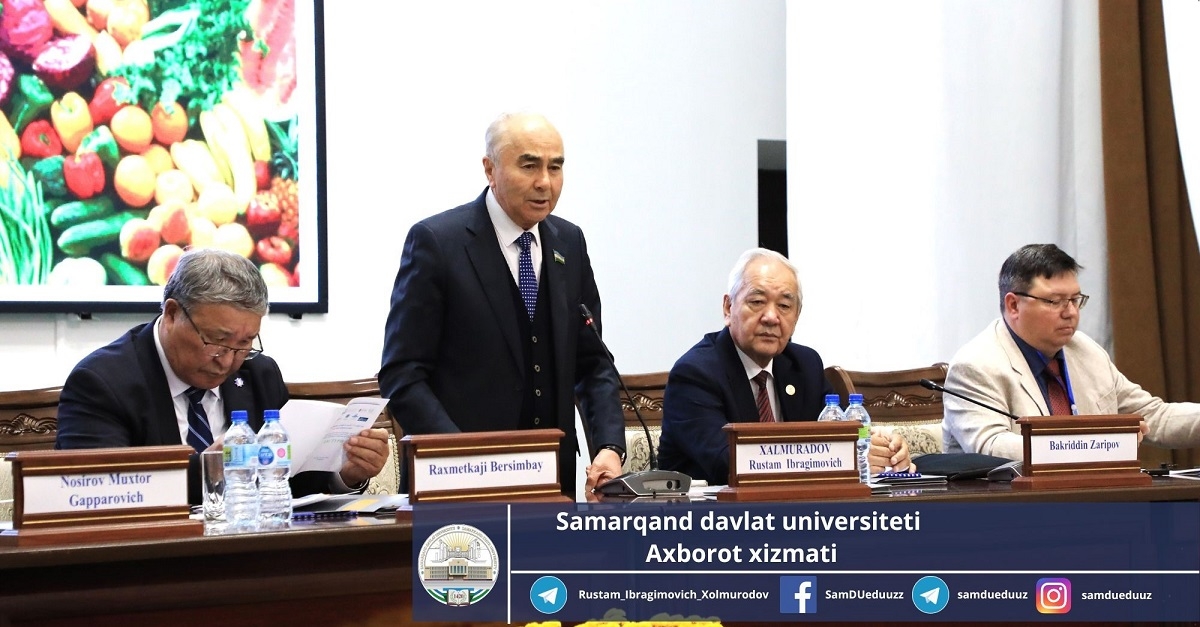
As part of the prestigious conference, foreign scientists got acquainted with the campus of the Institute of Biochemistry of Samara State University and the food fair.
The international conference was held in cooperation with the representative office of the Food and Agriculture Organization of the United Nations in Uzbekistan. About 40 foreign scientists from countries such as the USA, Russia, Italy, Iceland, Pakistan, Kazakhstan, and Tajikistan took part in the conference. Also, about 200 specialists from more than 50 industry organizations of our republic took part in lectures on food safety.
Rafael Kushak, professor at Harvard University in the USA, director of VetVitles LLS, academician Efroim Gurman, professor at the University of Bologna in Italy Gianluca Allegro, professor at Altai University of Russia Roman Yakoblev, professor at Qaedi Azam University of Pakistan Muhammad Zafar, Institute of Biomedical Systems and Biotechnologies SPbPU, director of the Higher School biotechnology and food production, Professor Yulia Bazarnova, Professor of the Ufa University of Science and Technology Maya Ishmuratova, Director of the Institute of Cell Biology and Biotechnology named after. Eurasian National University of Kazakhstan, academician Rakhmetkaji Bersimbay, professor of the Pedagogical University of Tajikistan Takhirjon Satorov, academician Bakriddin Zaripov, director of the Institute of Microbiology of the Academy of Sciences of Uzbekistan, professor Kakhramon Davronov, professor Shoniyoz Kurbonov of Karshi State University, and others commented on food safety and its current problems.
Rector of Samarkand State University, scientist of the Republic of Uzbekistan, member of the Senate of the Oliy Majlis Rustam Khalmuradov opened the conference with an opening speech:
In recent years, food safety has become one of the most pressing issues facing the global community. The impact of factors such as natural disasters, water shortages and droughts resulting from sudden climate change further complicate the situation. As a result, the world market is experiencing a sharp rise in food prices. The situation requires further development of the industry through the use of new innovative technologies and scientific achievements.
In order to comprehensively study this important issue and popularize the rich experience accumulated in the leading countries of the world in this regard, an international scientific and practical conference was held throughout our republic at Samarkand State University, traditionally on the topic “Food security: global and national problems.”
Bakriddin Zaripov, professor of Samarkand State University, academician:
In recent years, a period of unprecedented reforms has begun in the agricultural sector, timely decisions have allowed our country to achieve great progress through a significant increase in agricultural production, as well as an increase in the volume of agricultural production, the export potential of Uzbekistan and its position in world markets have increased. Currently, in the context of globalization, it is impossible to achieve food security within one country; to achieve this goal, it is necessary to carry out systemic large-scale measures. Samarkand State University is participating in these reforms as one of the leading higher education institutions in our republic with unique scientific potential.
Rakhmetkadzhi Bersimbay, director of the Institute of Cell Biology and Biotechnology of the Eurasian National University of Kazakhstan, academician:
I am participating in this conference with a lecture on “The importance of gene expression control and the TOR signaling system in increasing salt tolerance in plants at the cellular level.” Today, among abiotic stresses for agriculture, salinity is one of the main problems. An increase in the amount of salts in the soil reduces the ability of plants to absorb water; sodium and chlorine ions accumulated in plants negatively affect plant growth, metabolism and photosynthesis. The problem of soil pollution threatens many regions of the world. According to UN estimates, about 20% of the world's arable land suffers from soil salinity problems. According to statistics, salinization of irrigated lands is observed in Uzbekistan. According to the Food and Agriculture Organization of the United Nations (FAO), this figure is high in the Republic of Karakalpakstan. A high concentration of water-soluble salts in the soil negatively affects plant growth and reduces their productivity. This shows how pressing the problem is in the field of food safety and requires the use of genetic engineering research, which is often used today. One of the important mechanisms for protecting plant cells from stress caused by salinity is a method for controlling the sensitivity of genes...
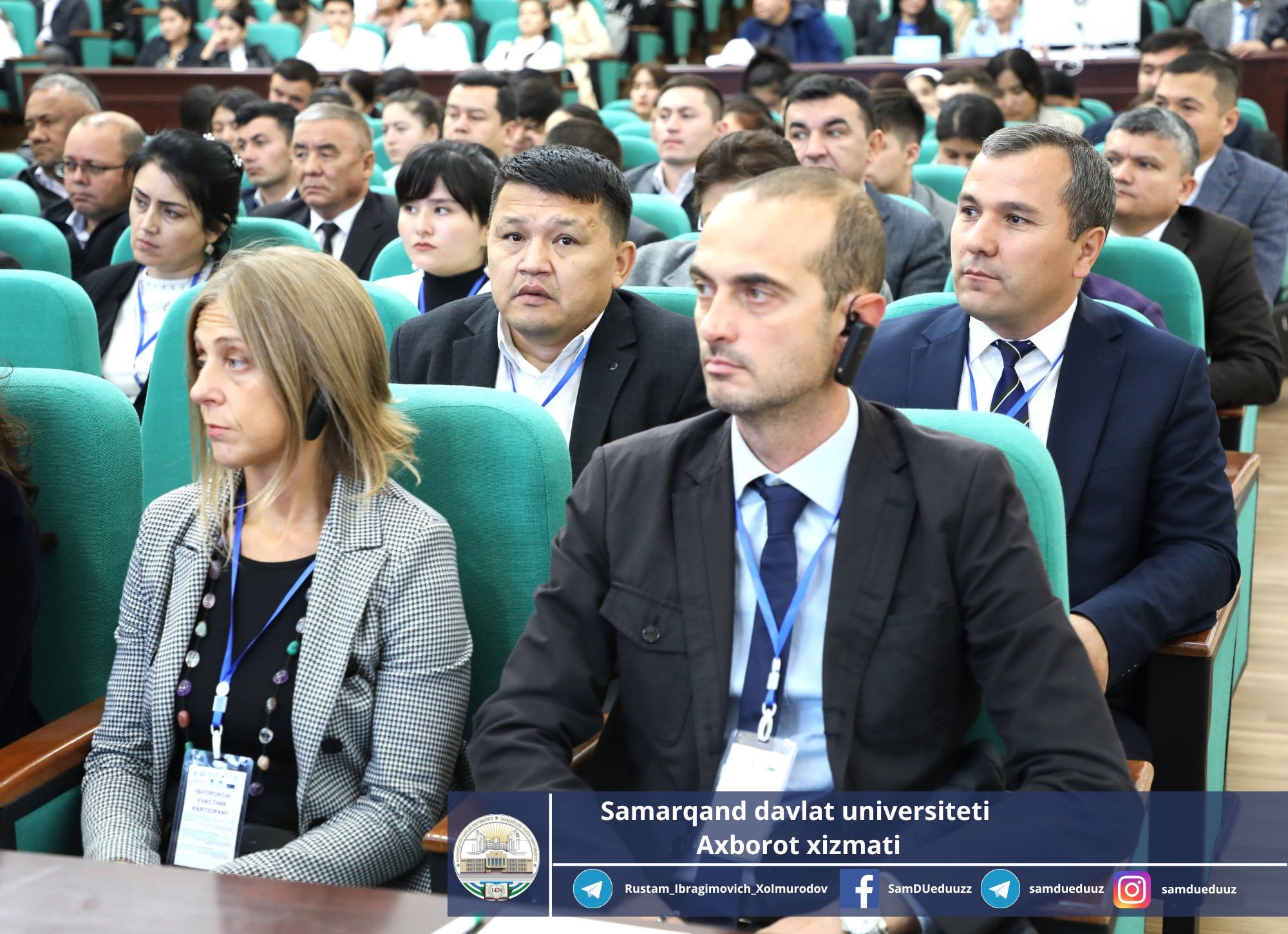
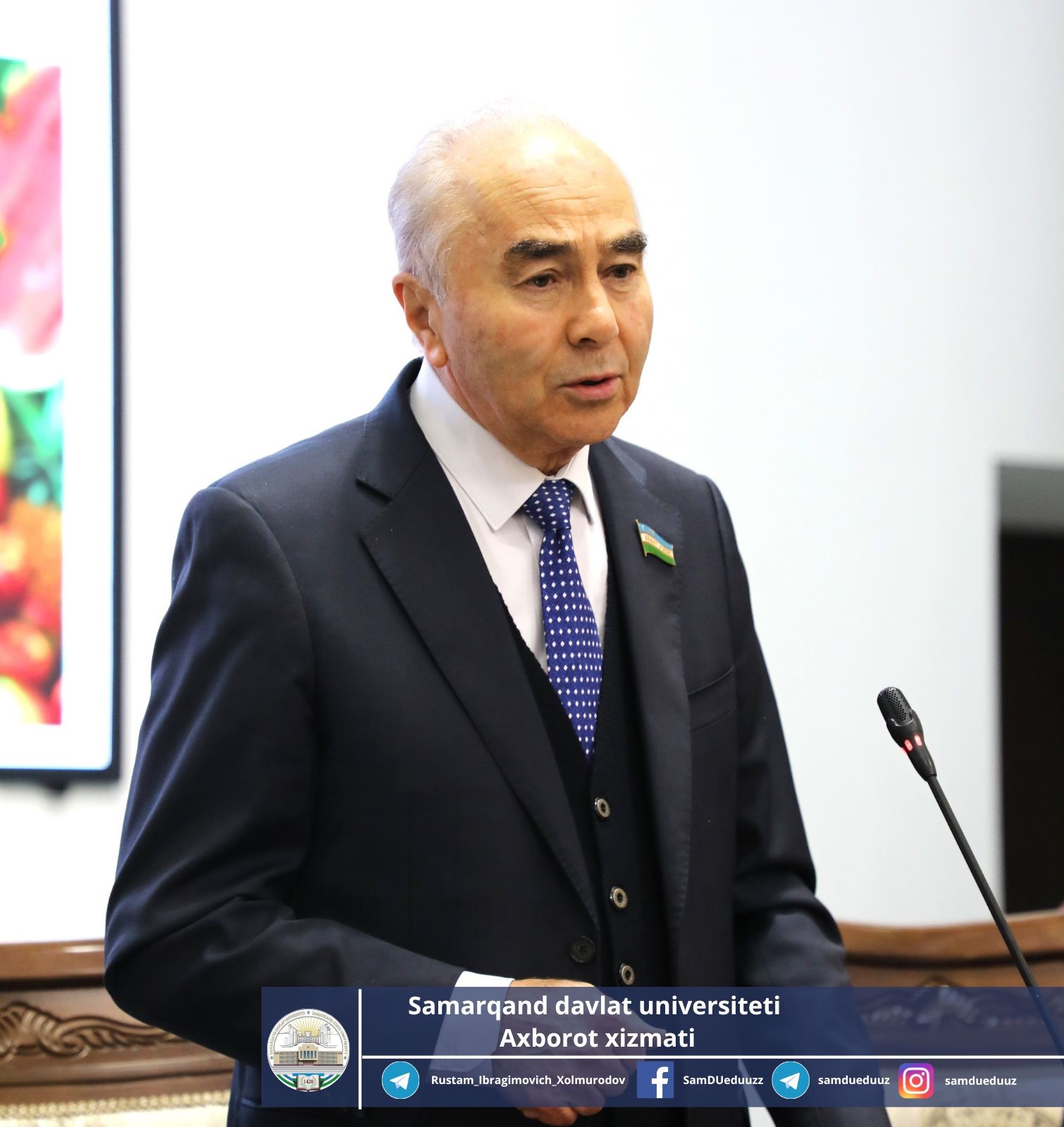
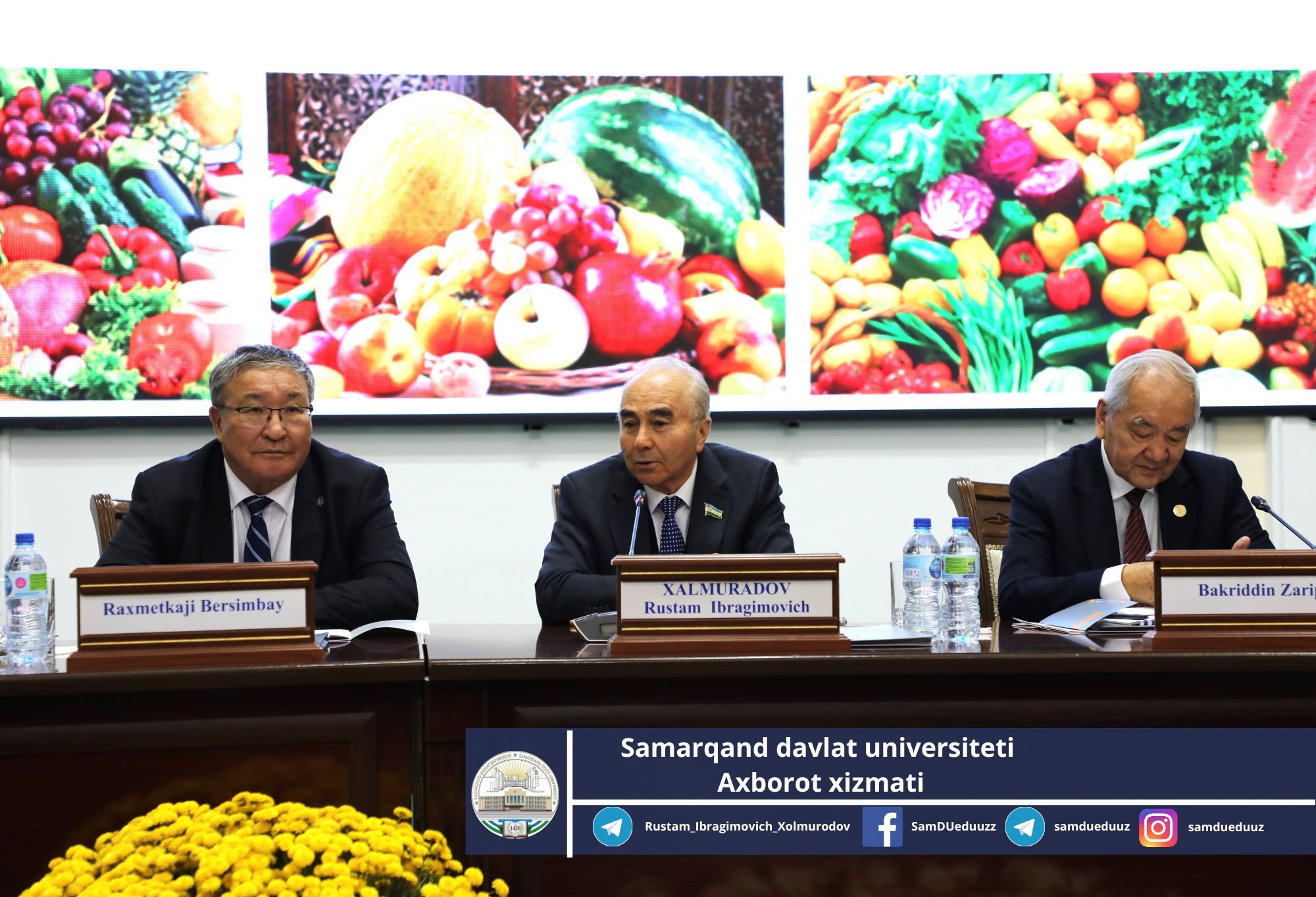
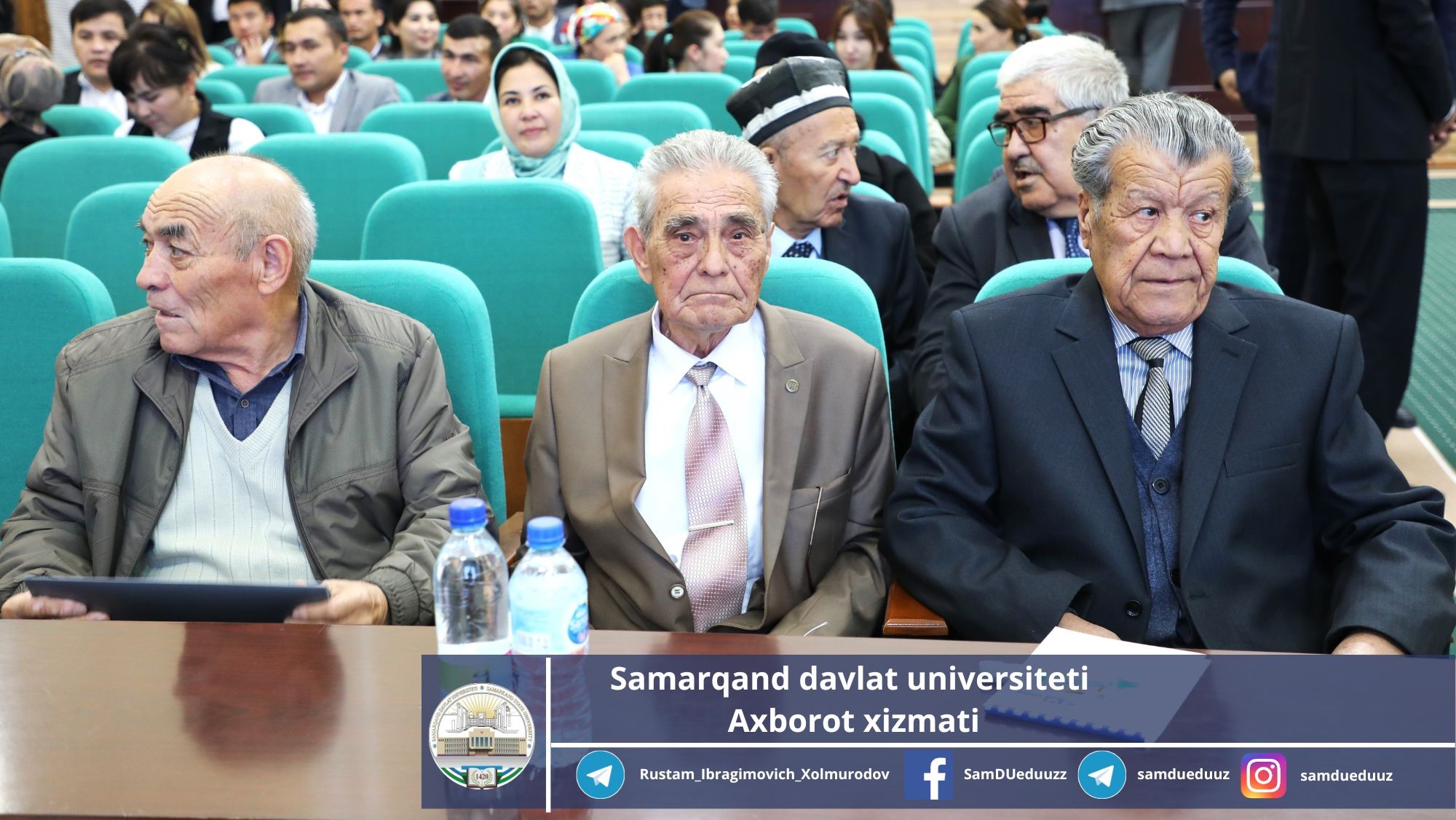
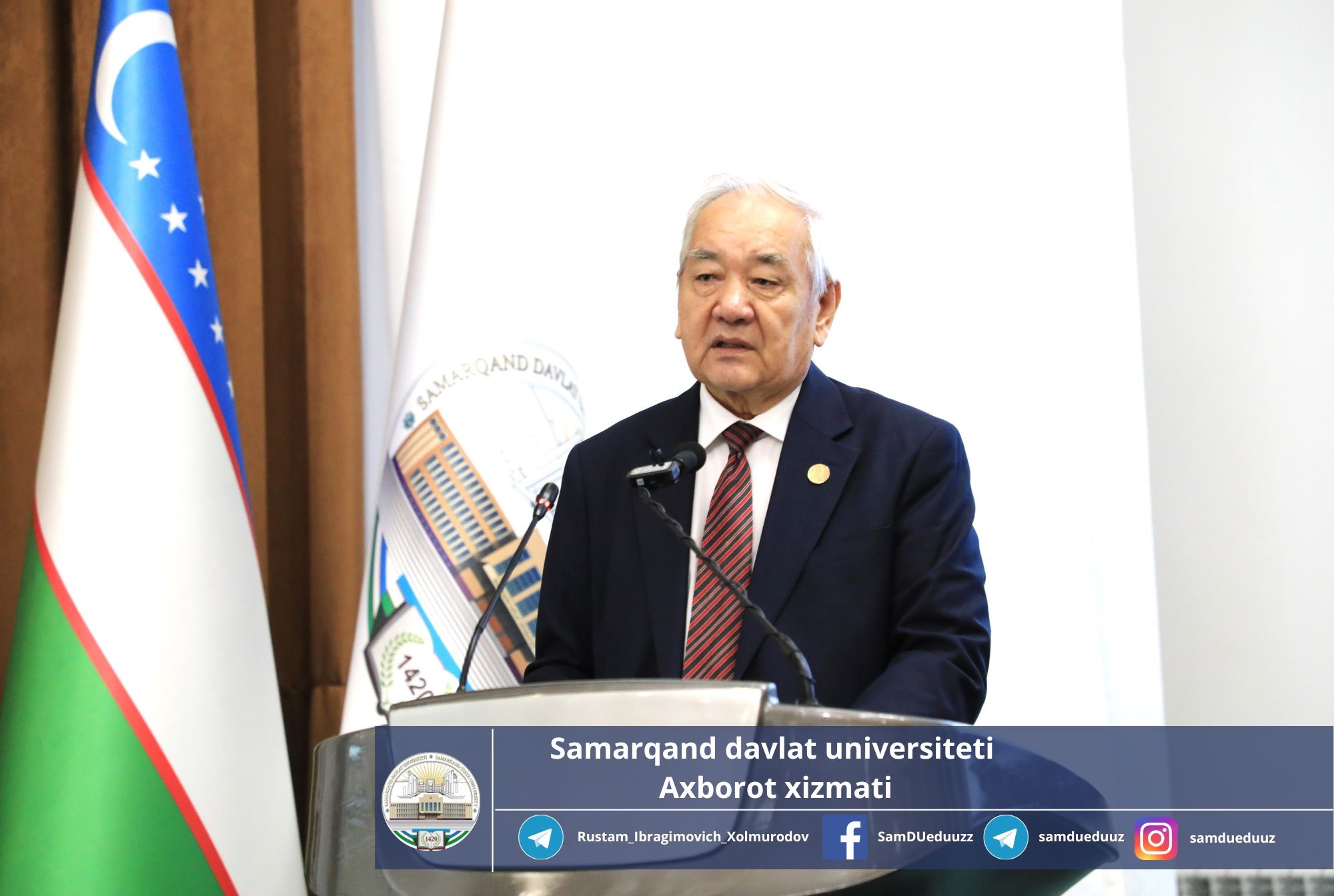
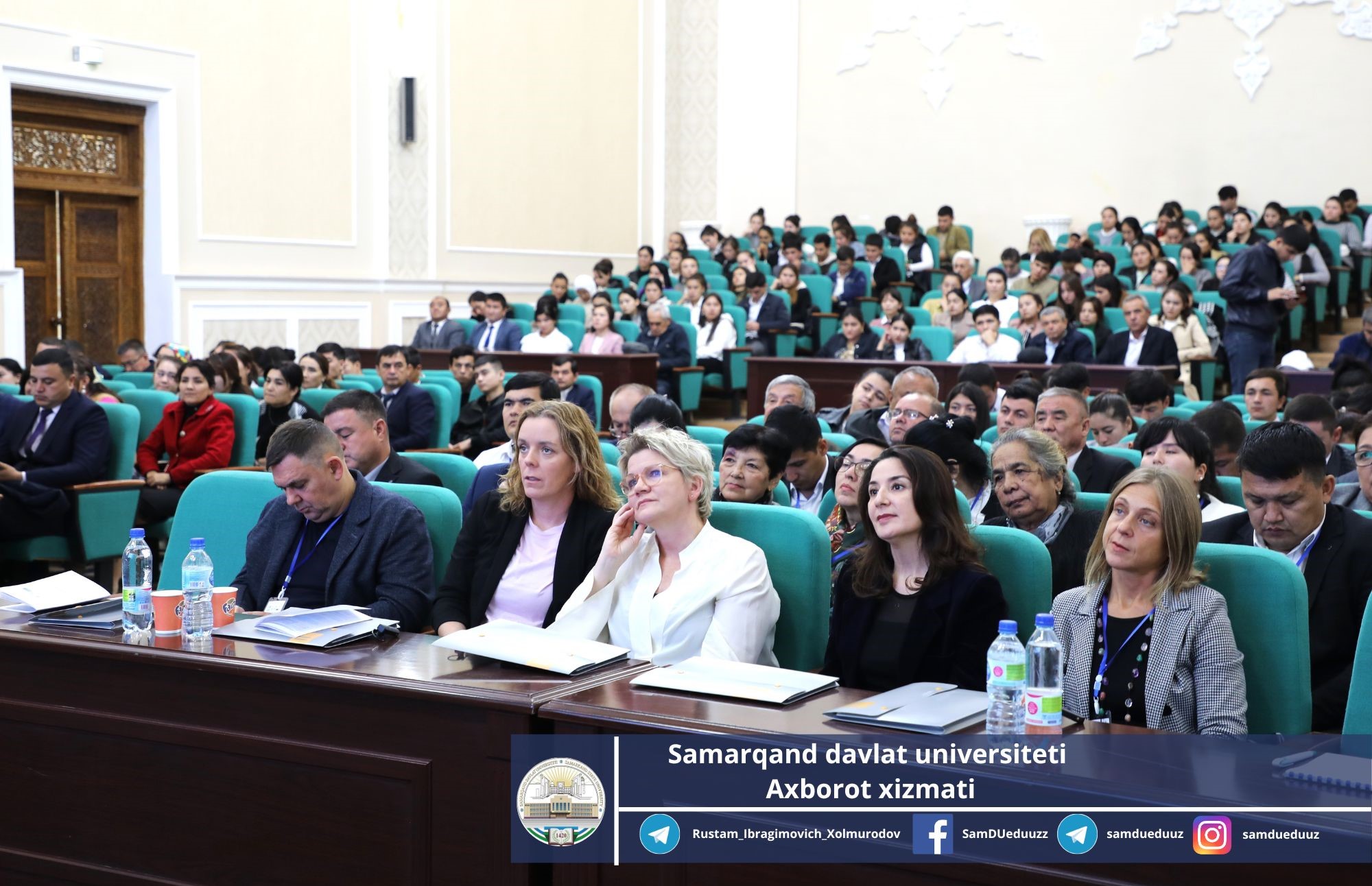
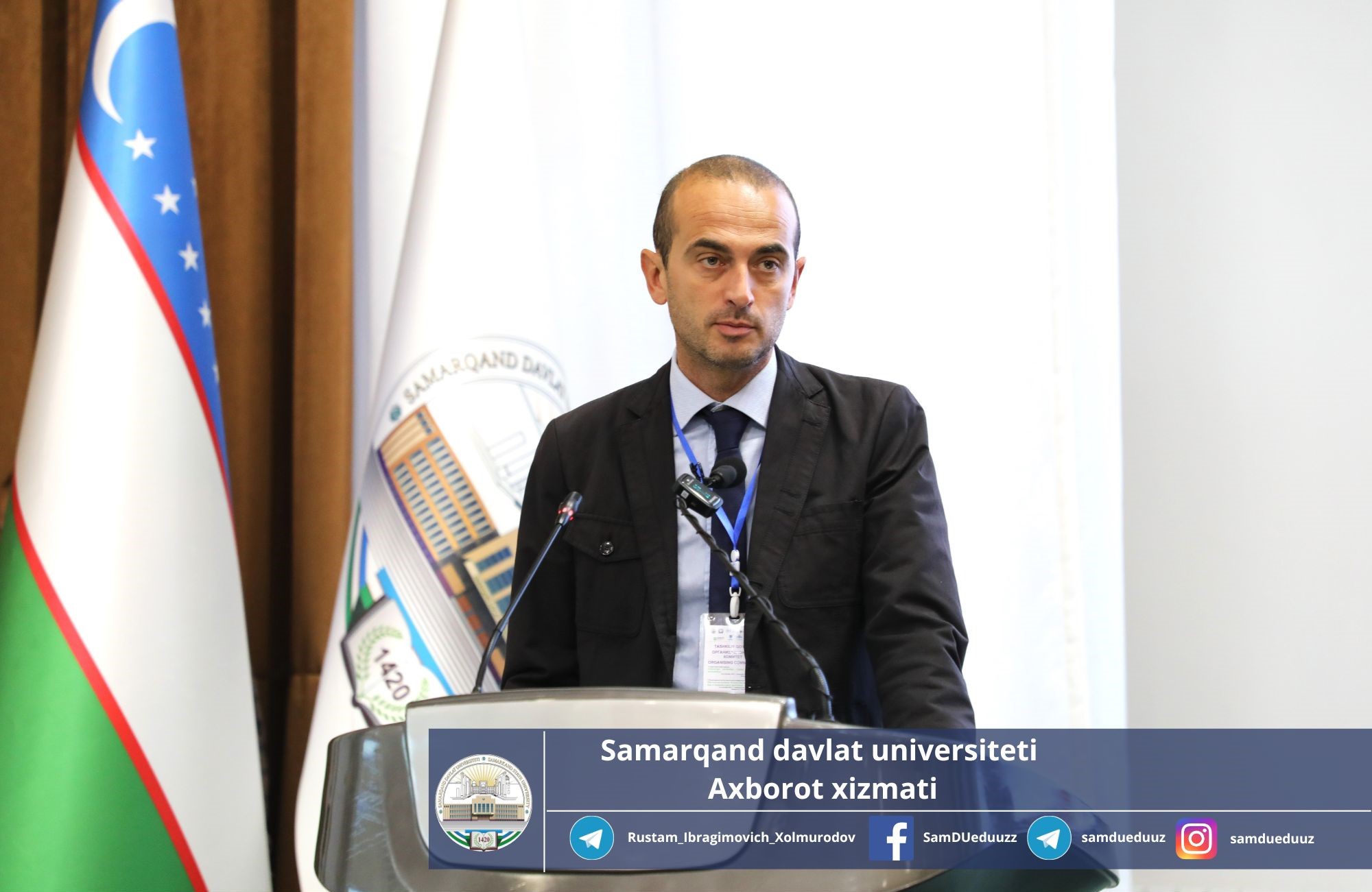
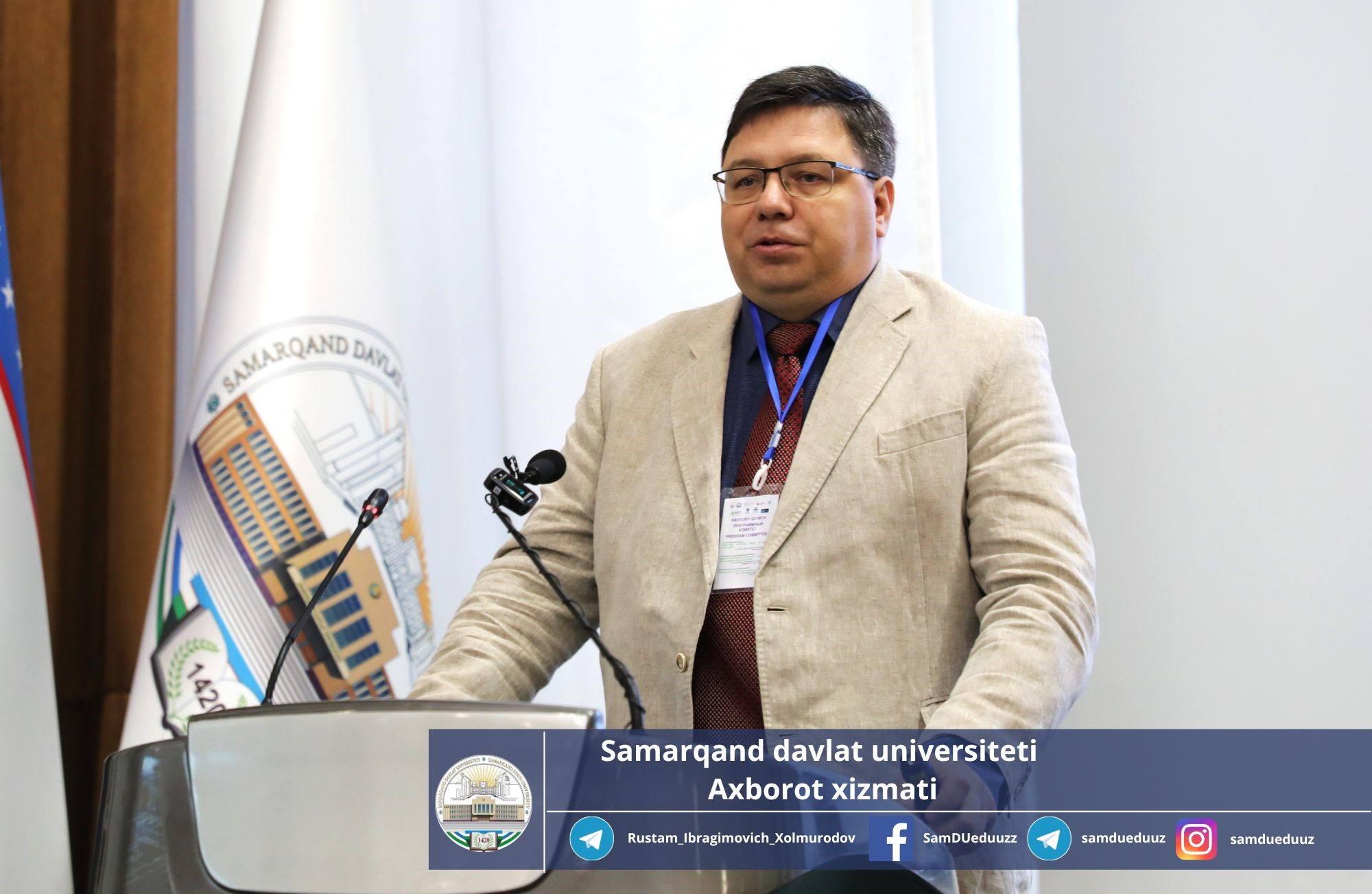
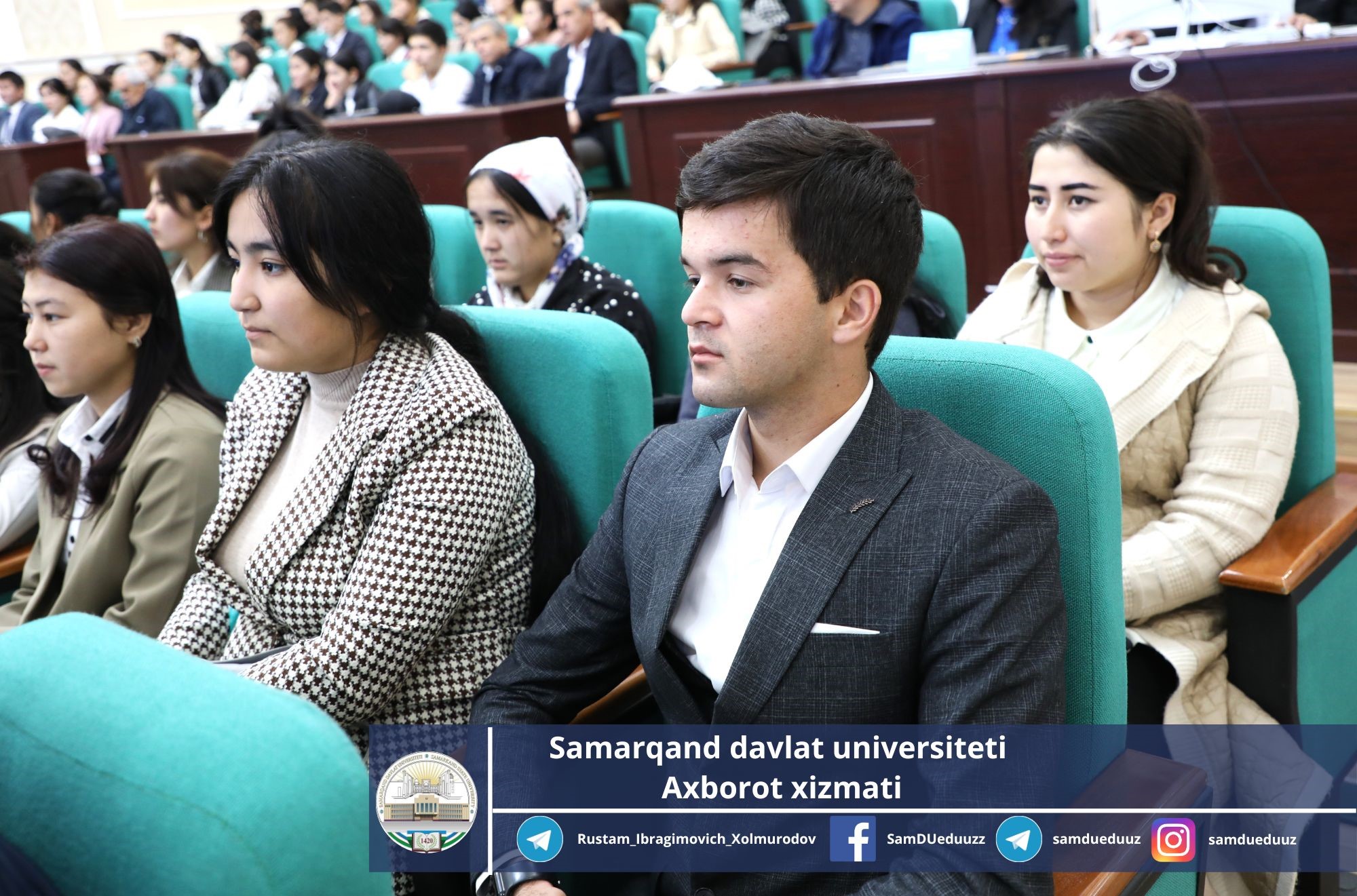
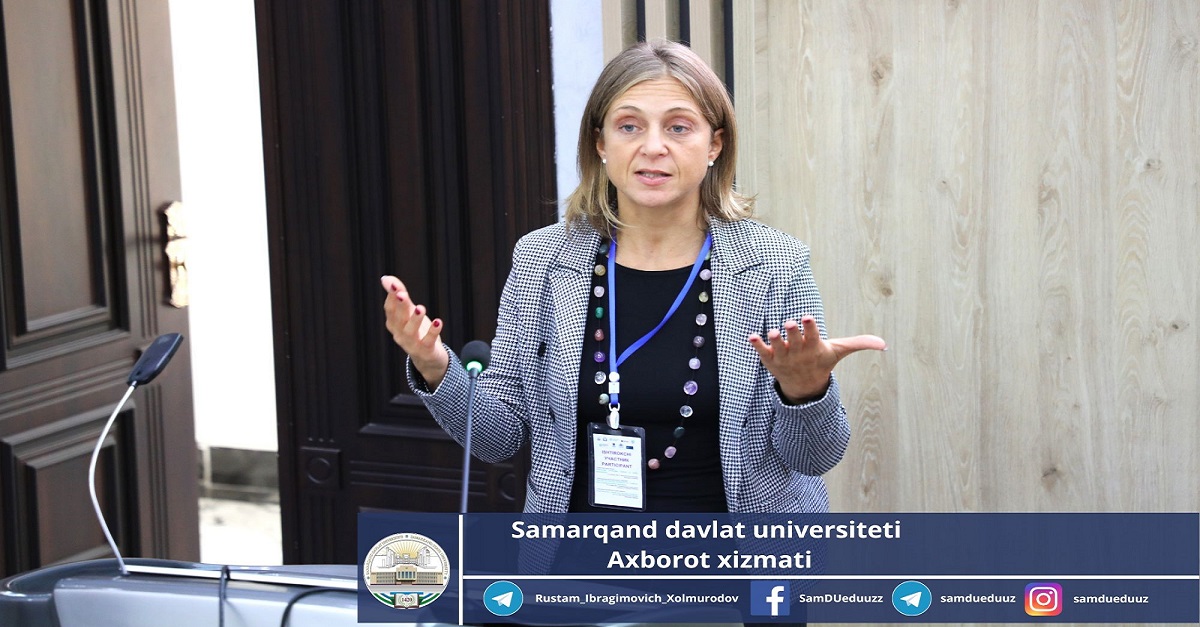
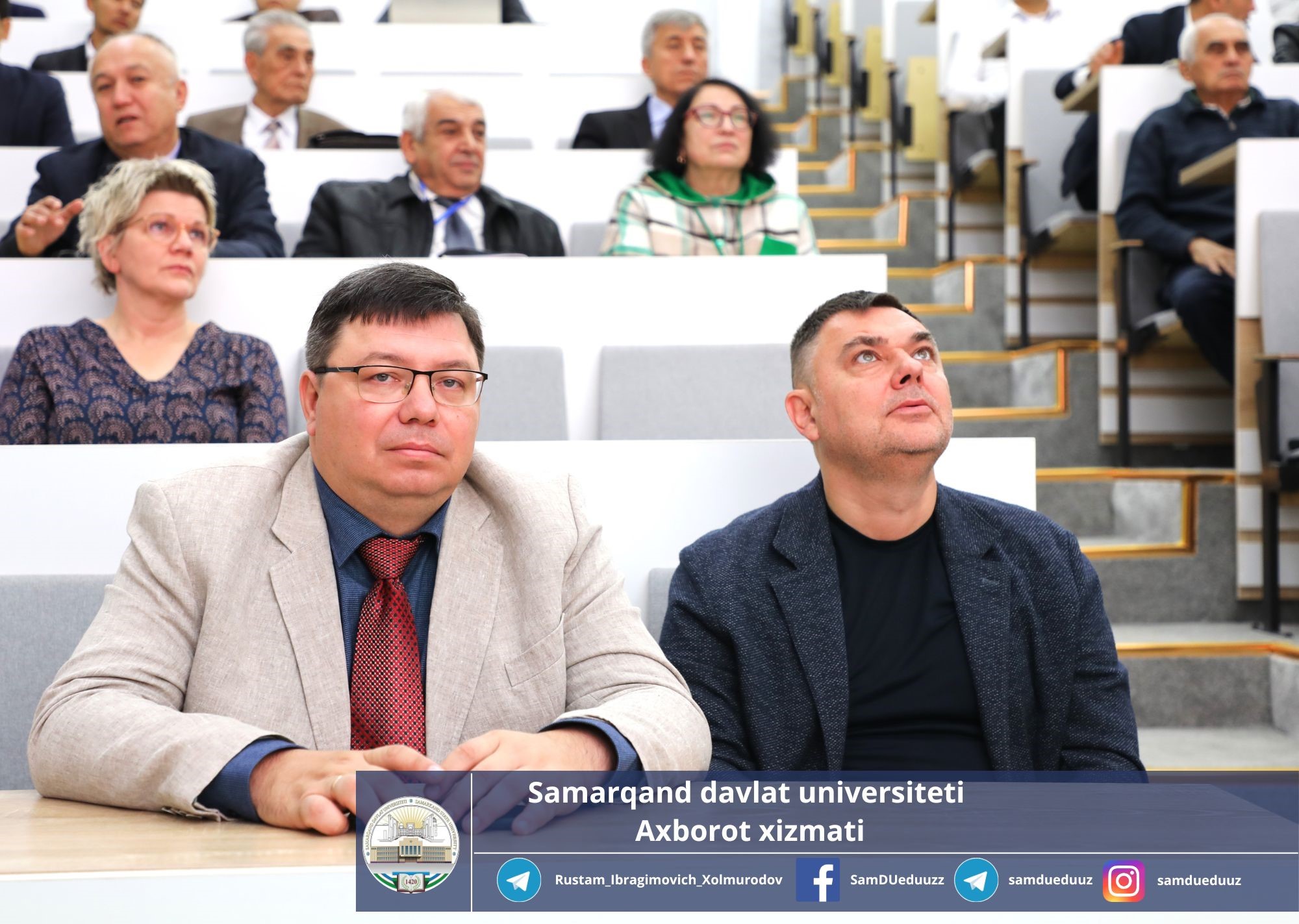
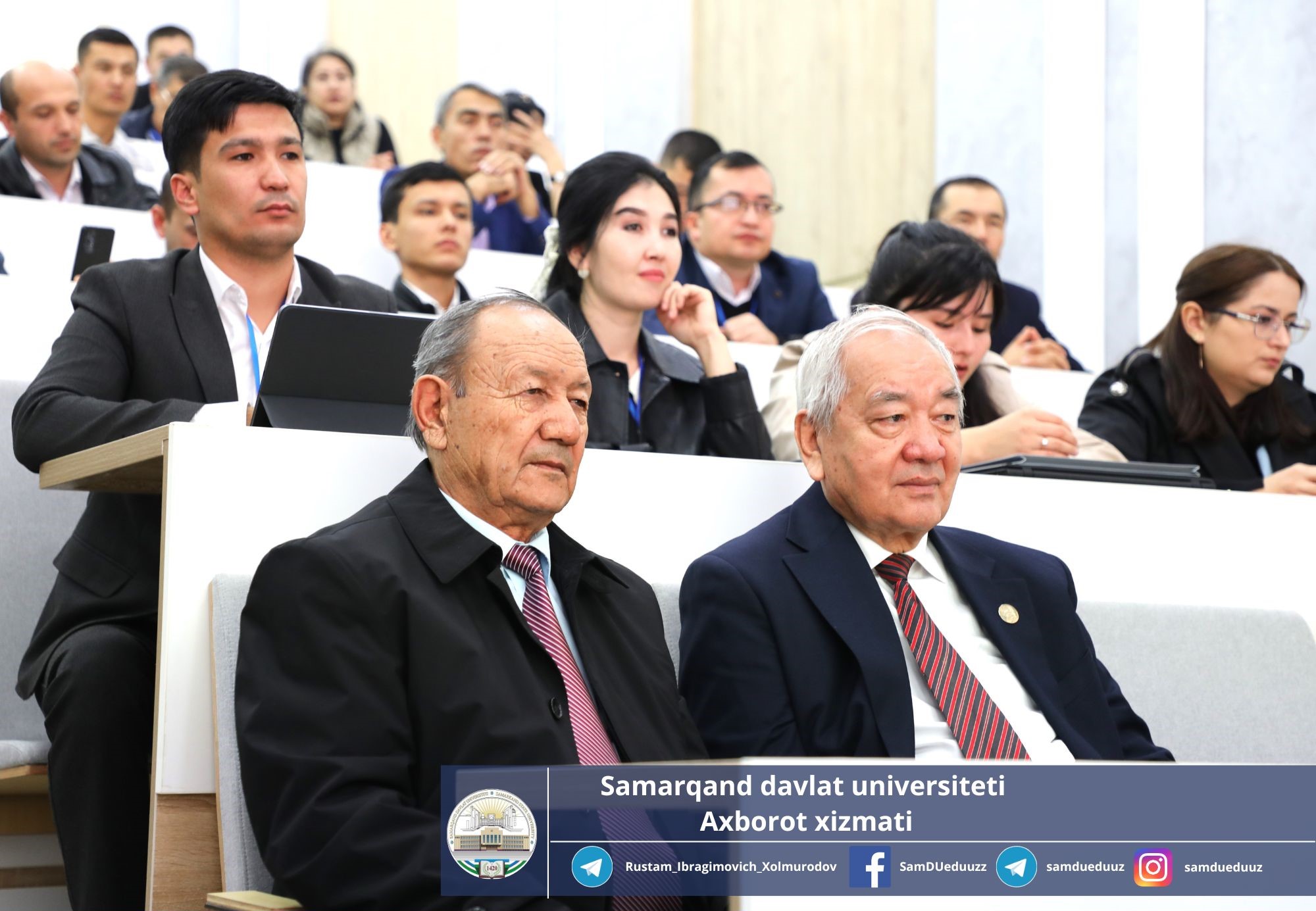
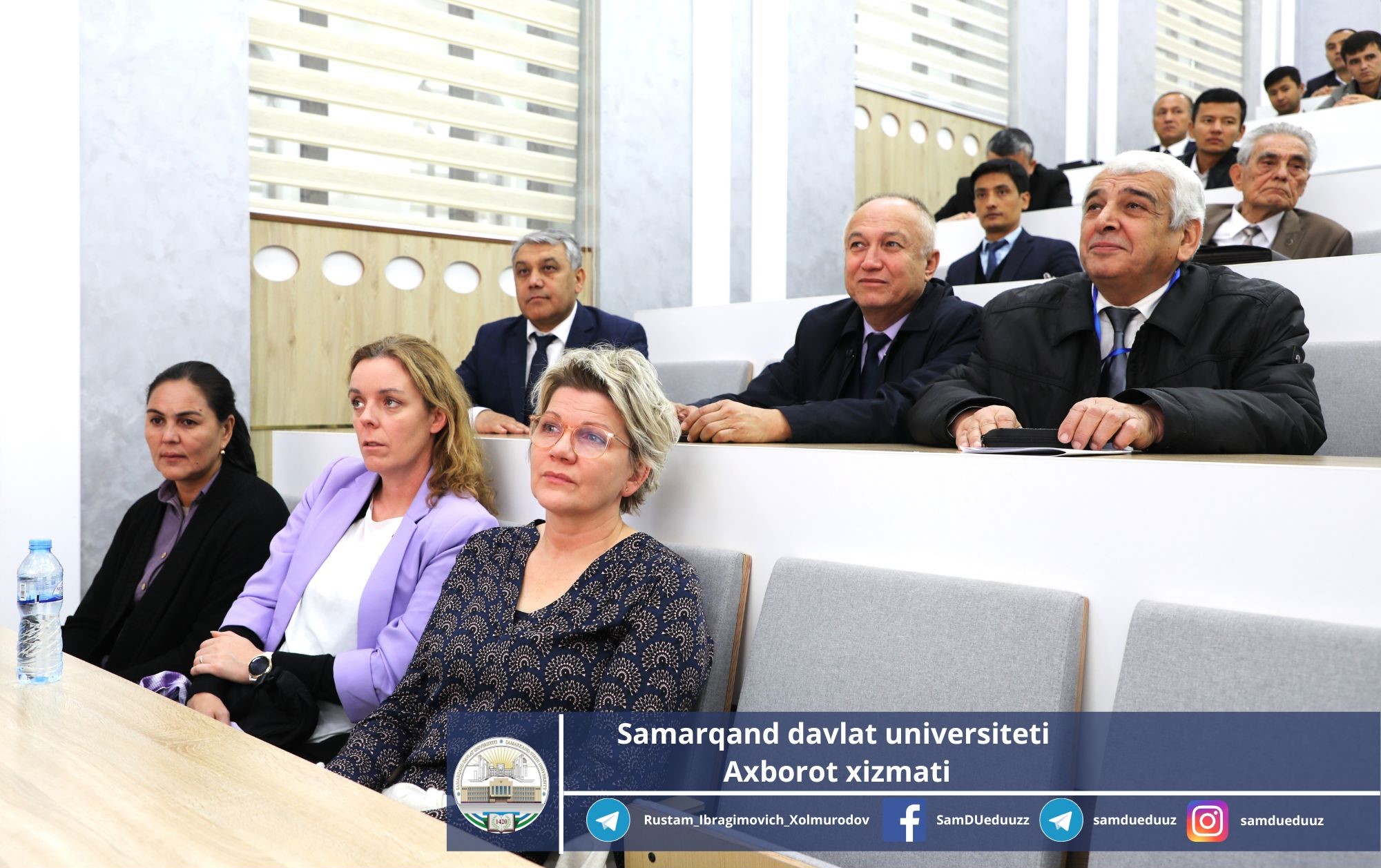
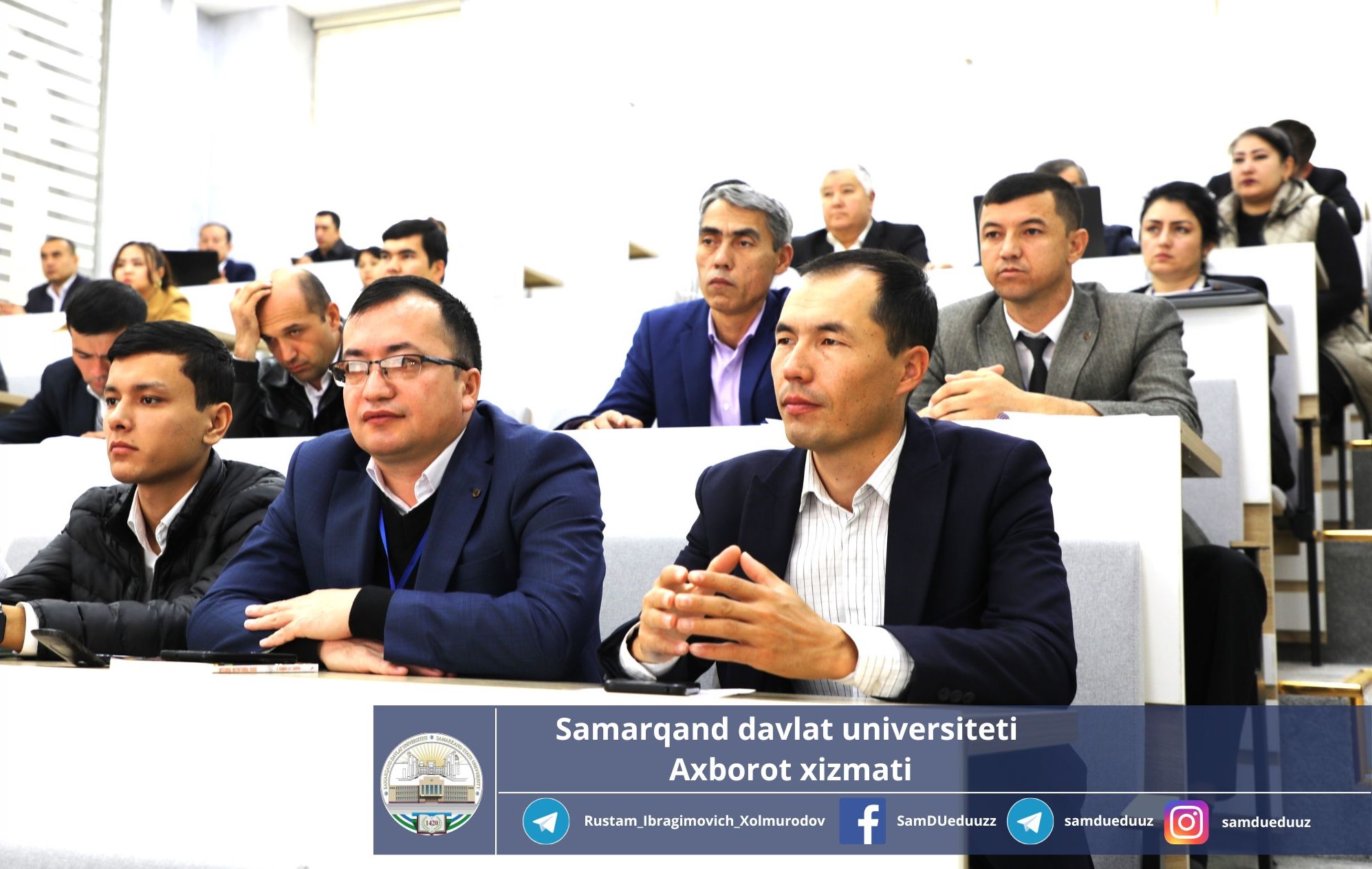
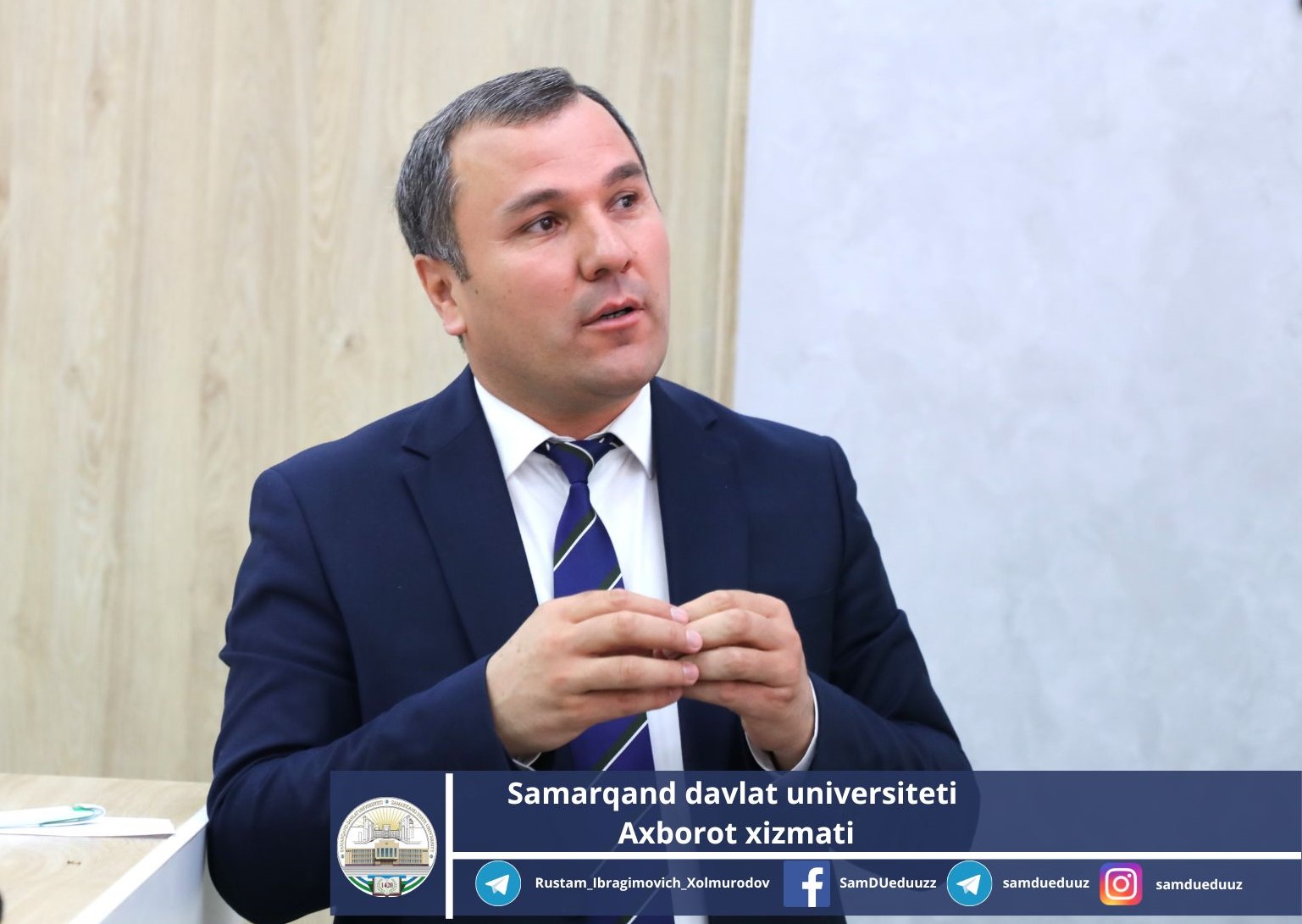
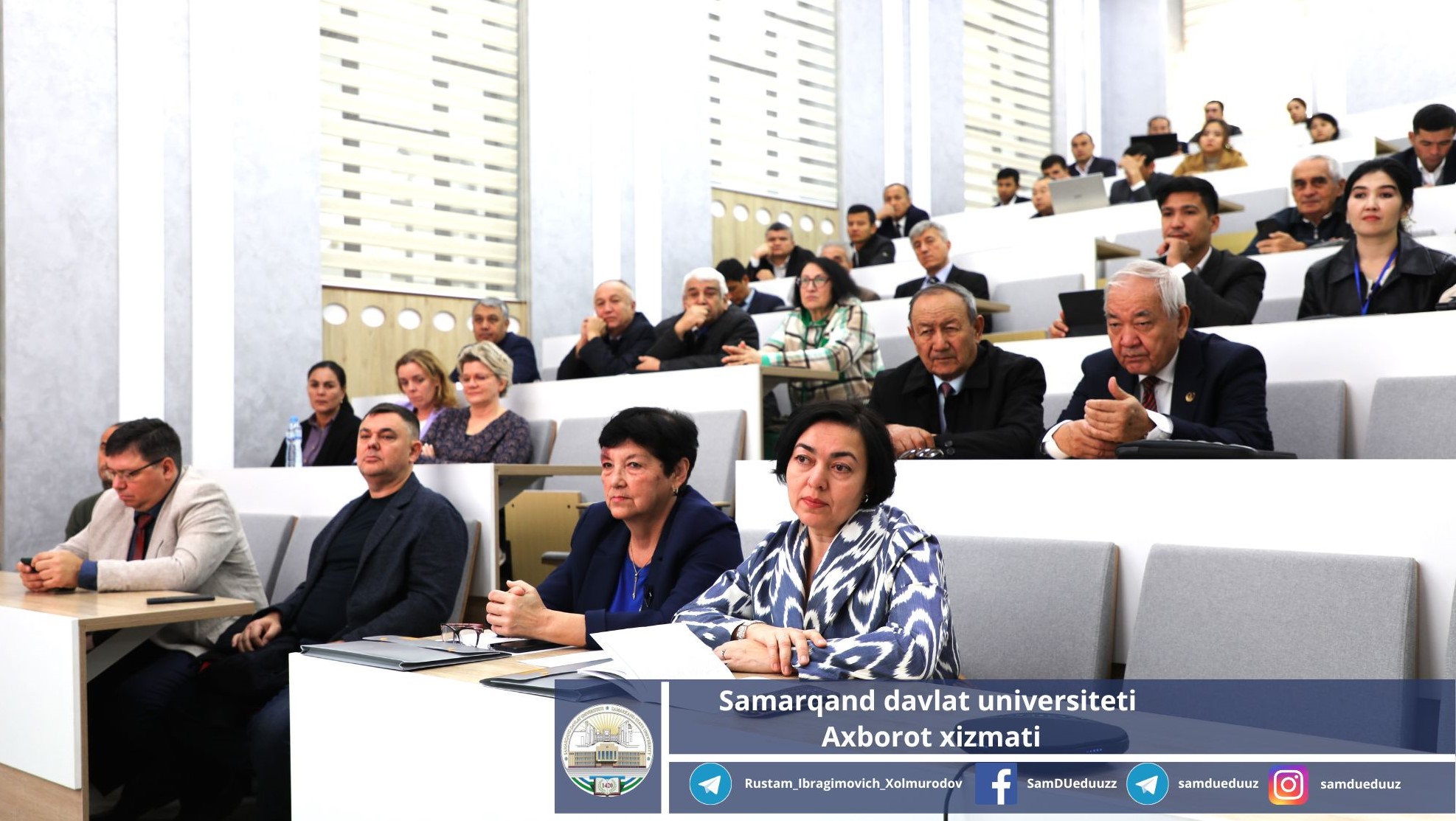
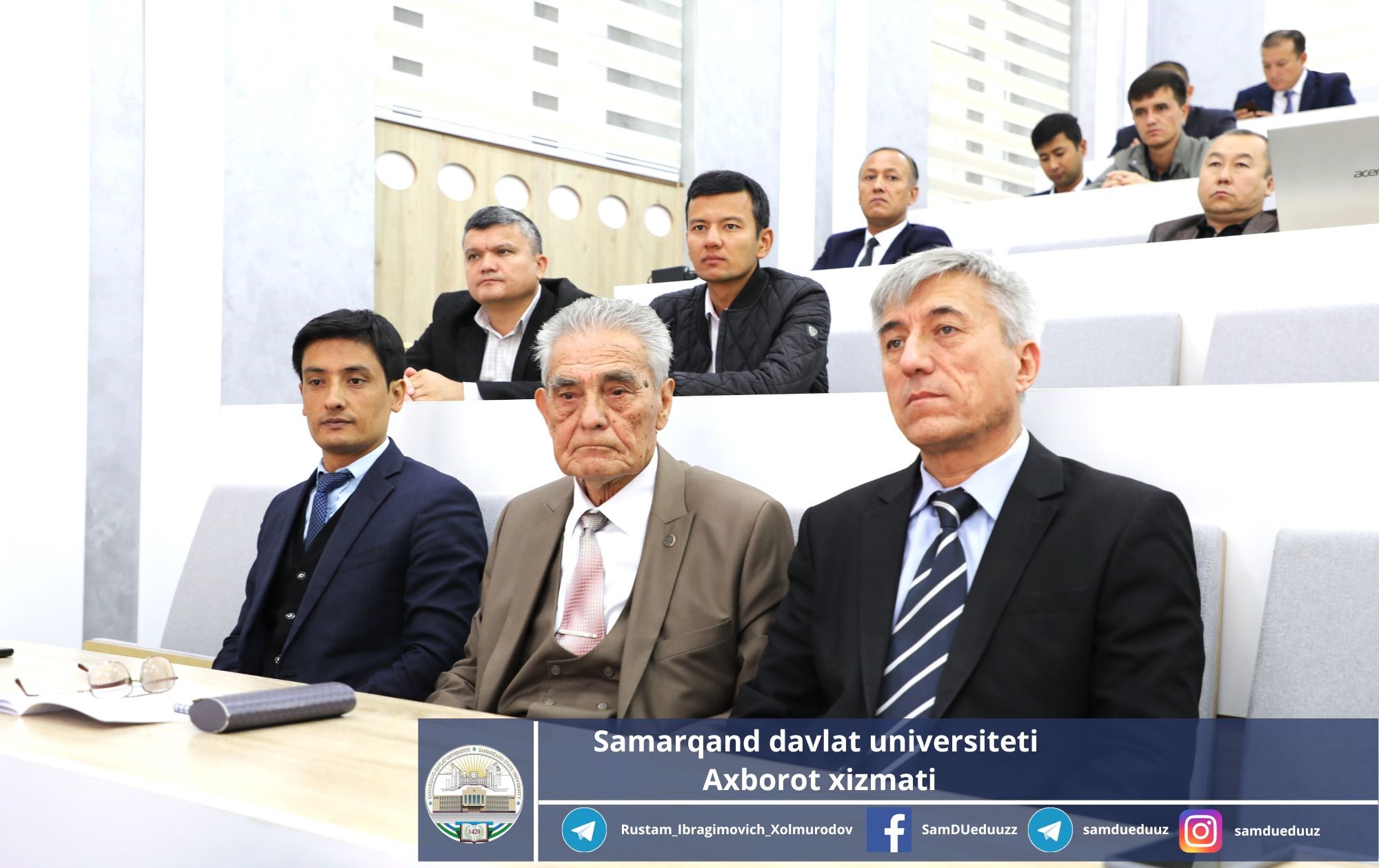
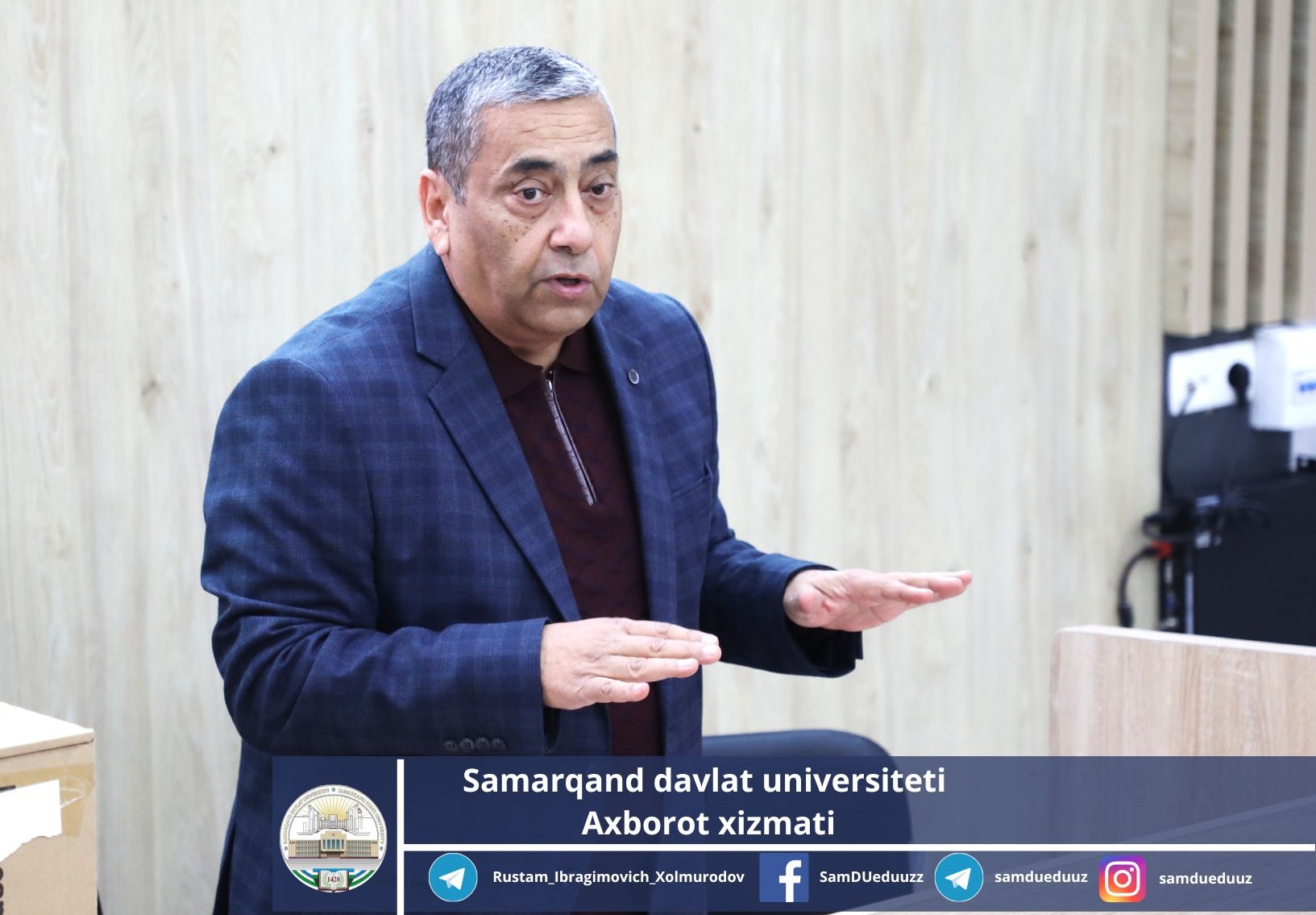
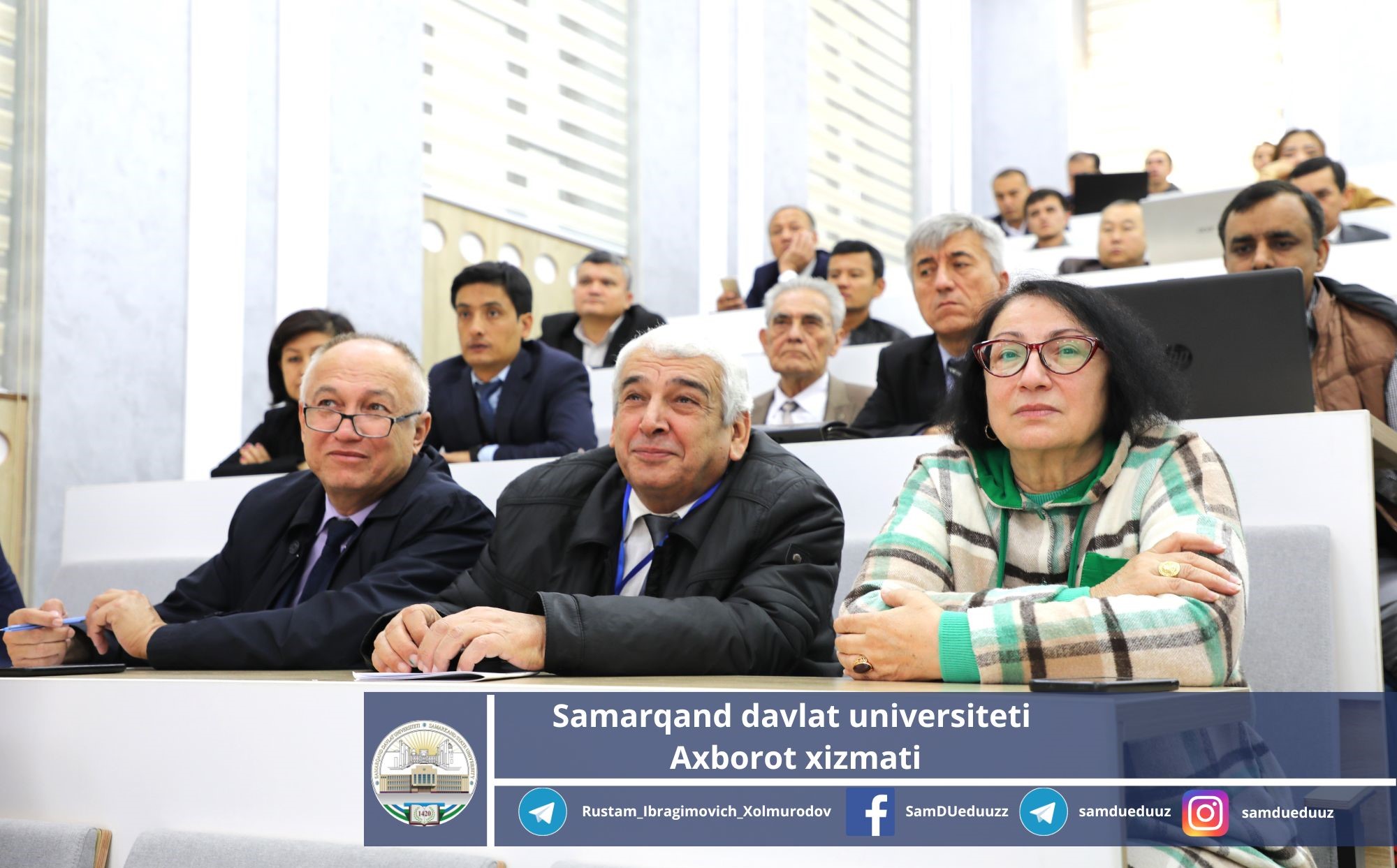
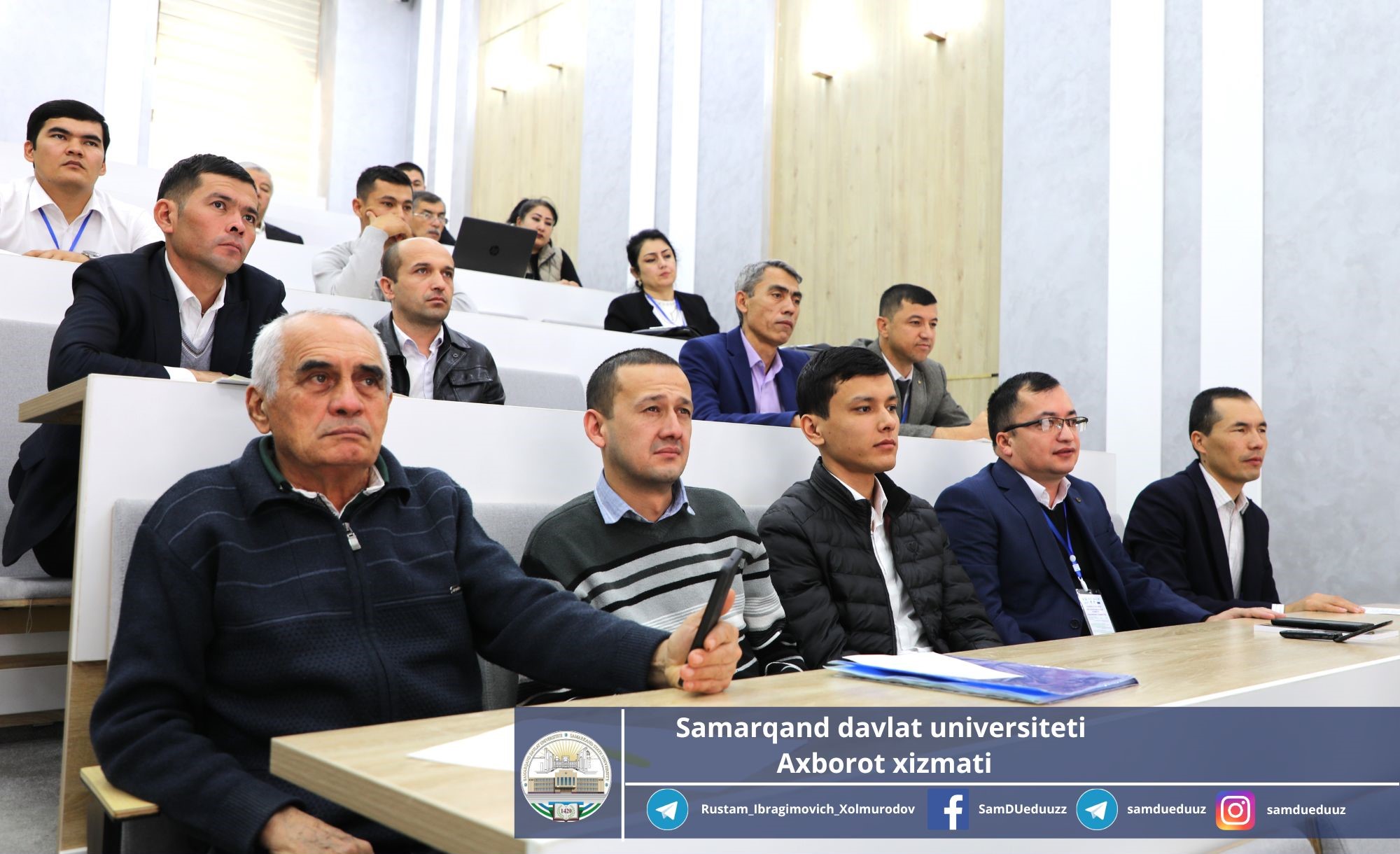
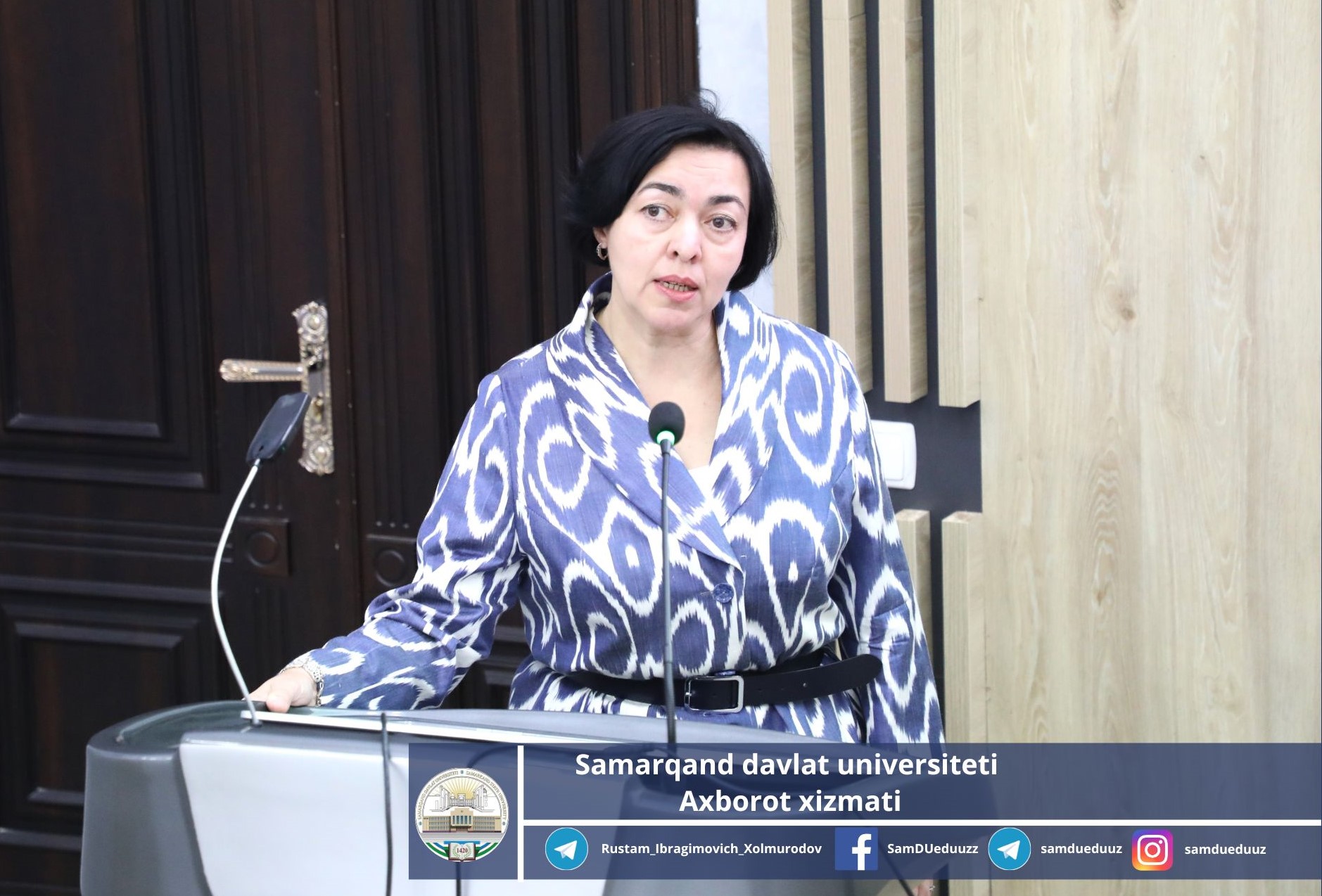
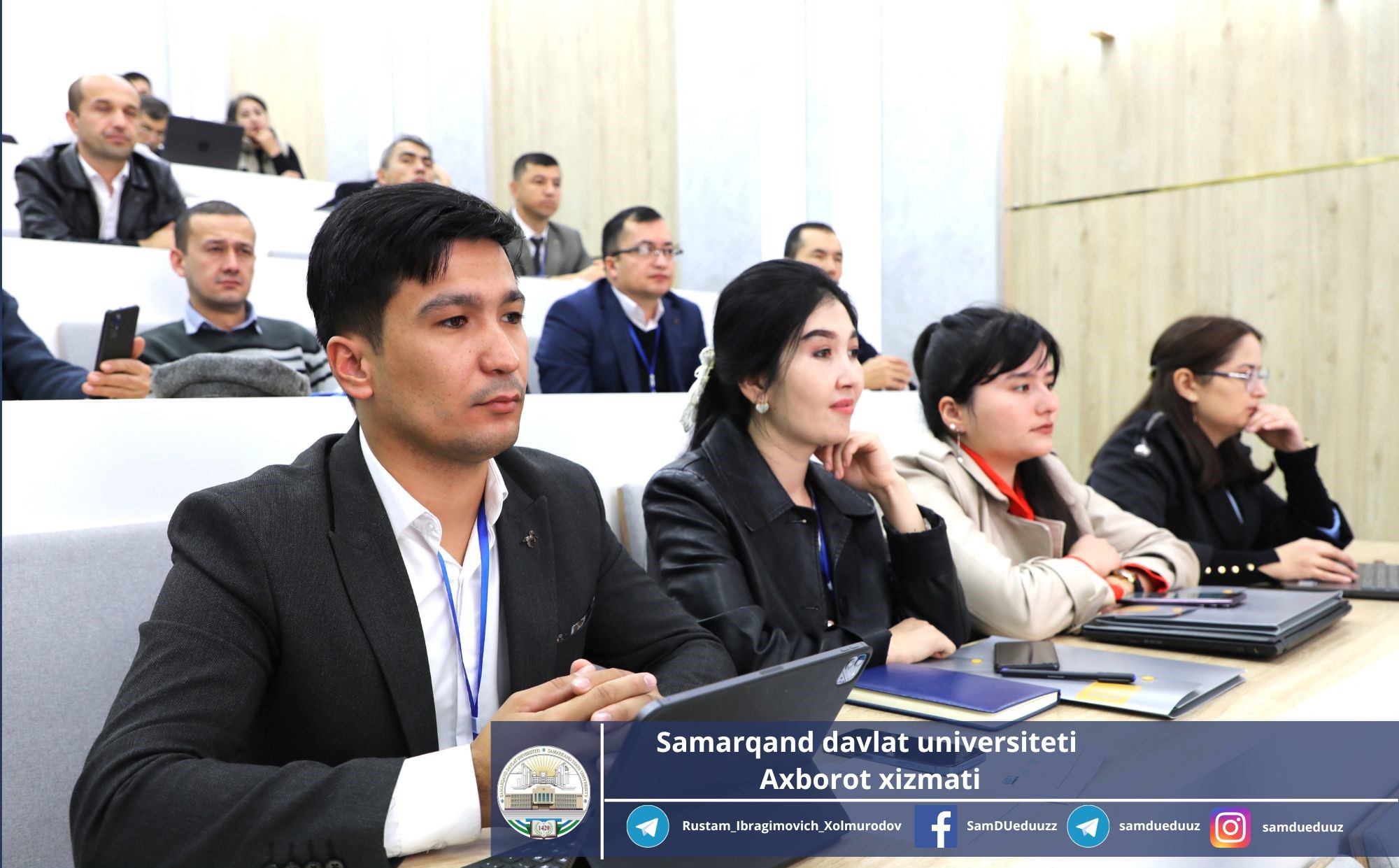
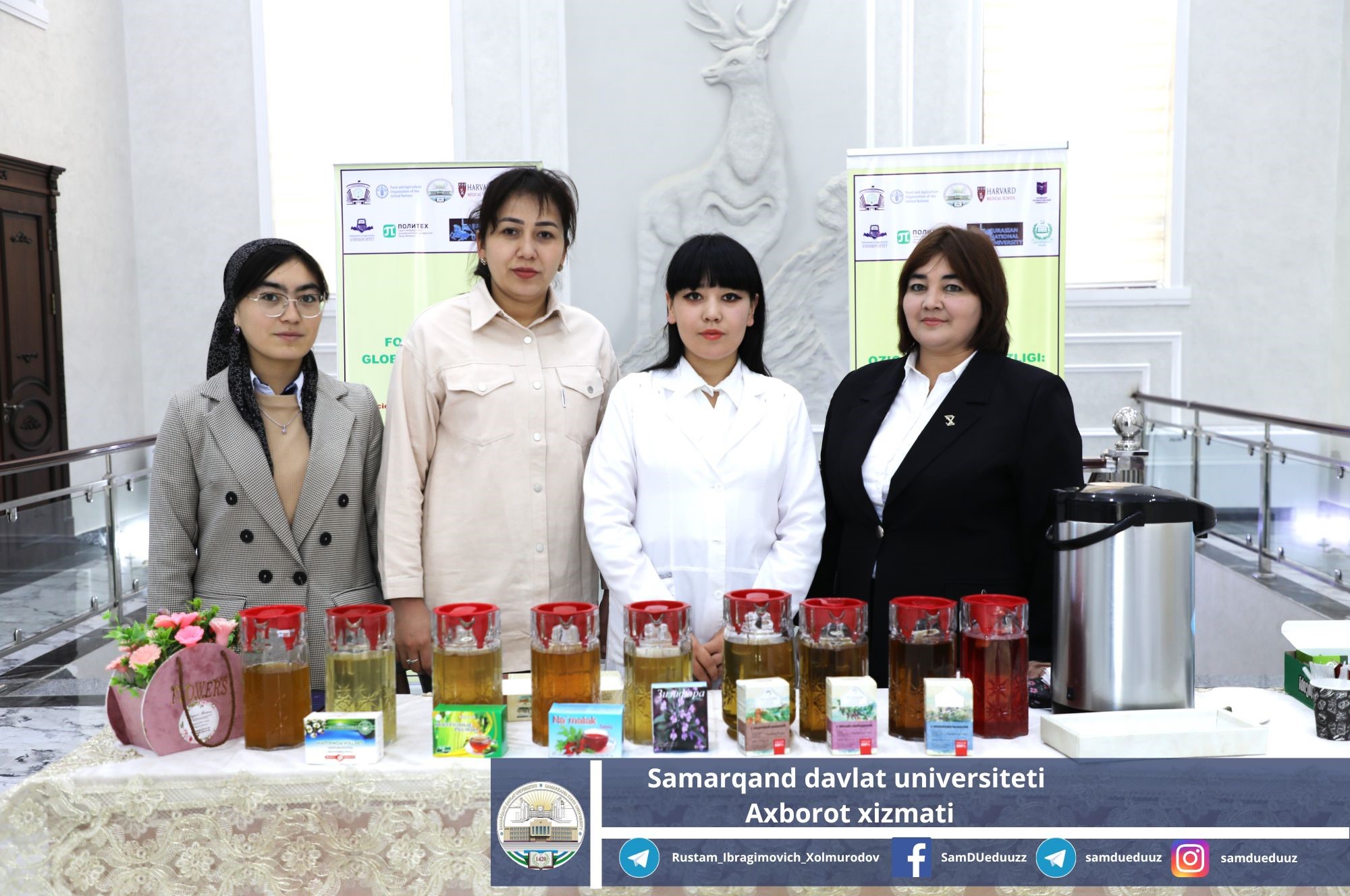
Photos were taken by Shavkat AKRAMOV.

